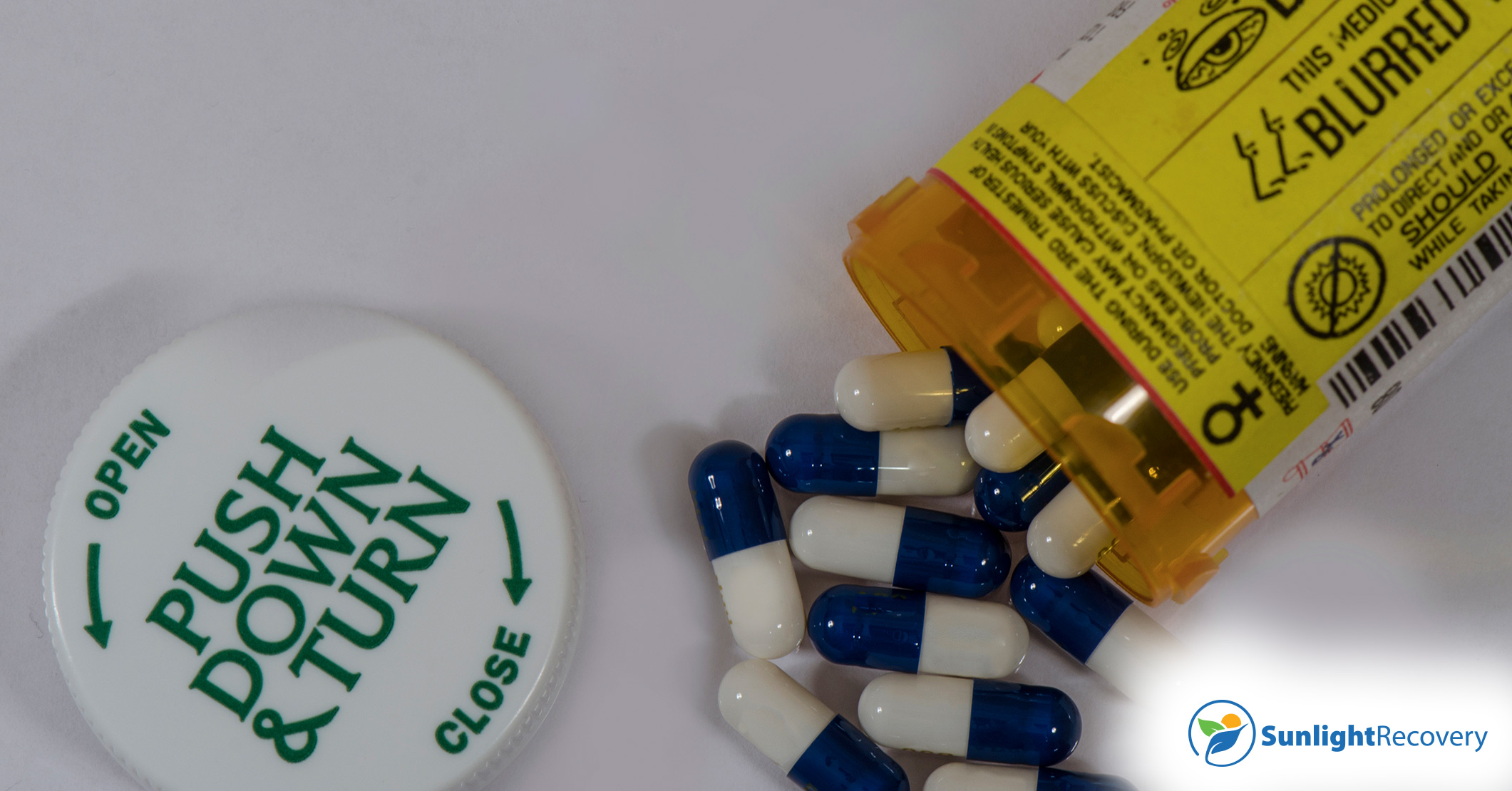“Cymbalta stole years of my life.” This stark statement, echoed across countless online forums and support groups, encapsulates the devastating reality for many who have taken Cymbalta (duloxetine). While the drug provides relief for some battling depression, anxiety, and chronic pain, others find themselves trapped in a nightmare of debilitating side effects and a withdrawal process so harrowing, it’s been compared to opioid withdrawal. This isn’t just about feeling “a little off;” it’s about life-altering consequences – job loss, fractured relationships, and the lingering question: will I ever feel normal again? This article delves into the often-unseen struggles of those whose lives have been profoundly impacted by Cymbalta, exploring their journeys of suffering, resilience, and the fight to reclaim their health and well-being.
The Seductive Promise and Crushing Reality
One patient’s story, shared on a popular online forum, begins with a familiar refrain: the overwhelming pressure of a high-powered job, the relentless grip of anxiety, and the hope that Cymbalta would provide a lifeline. Initially, it did. The anxiety receded, replaced by a sense of calm she hadn’t felt in years. She was productive, focused, and seemingly thriving. But beneath the surface, a sinister transformation was taking place. The initial relief was seductive, masking the slow creep of emotional numbness. Joy became muted, excitement a distant memory. She was functioning, but not truly living.
From Relief to Ruin: A Downward Spiral
As time went on, the side effects intensified. Nausea became a constant companion, sleep a fragmented battlefield. The “brain zaps,” those jarring electric shocks in the head, became a terrifying new normal. When she finally decided to discontinue Cymbalta, the withdrawal was brutal. Her doctor, seemingly unaware of the potential severity, recommended a rapid taper. This, she now believes, significantly exacerbated her symptoms, plunging her into a dark abyss of intensified brain zaps, crippling nausea, and suicidal thoughts – thoughts utterly foreign to her before Cymbalta. Her story, sadly, is not unique.
Is Cymbalta Hard to Get Off Of?
Unmasking the Hidden Risks: Beyond the Label
While Cymbalta’s official prescribing information mentions potential side effects and withdrawal symptoms, many patients feel it dramatically understates the frequency and severity of these issues. Studies suggest that 50% to 78% of people experience withdrawal symptoms when discontinuing Cymbalta. Some researchers believe this number might actually be higher. Even more concerning is the potential for protracted withdrawal syndrome, with symptoms persisting for months, or even years, after stopping the medication. Why isn’t this more widely discussed? Why are so many patients left unprepared for the potential long-term consequences?
The High Cost of Cymbalta: Financial Ruin and Fractured Relationships
The impact of Cymbalta extends far beyond the individual’s physical and emotional health. Job loss, stemming from the debilitating effects of withdrawal or the cognitive impairment caused by the drug itself, is a common theme. One Reddit user described losing at least $250,000 due to unemployment related to Cymbalta withdrawal. Financial strain, coupled with the emotional toll, can put immense pressure on relationships, leading to isolation and fractured connections with loved ones.
What are the bad things about Cymbalta?
Dosage, Duration, and the Devastating Consequences
Emerging evidence suggests a correlation between higher dosages and longer durations of Cymbalta use with an increased risk of severe side effects and difficult withdrawal. One Reddit user, who took 120mg of Cymbalta for two years, described a harrowing withdrawal experience, including a 40-pound weight loss, the resurfacing of traumatic memories, and even a near-death experience. This raises critical questions about prescribing practices and the need for more personalized approaches to treatment.
Is There Hope After Cymbalta? Paths to Recovery
Despite the devastating impact of Cymbalta, stories of resilience and recovery offer a beacon of hope. Slow, carefully managed tapering, under the guidance of a knowledgeable healthcare professional, is crucial. Support groups and online forums provide a much-needed sense of community and shared experience. Alternative treatments, such as mindfulness practices, yoga, and cognitive behavioral therapy, can help individuals manage the emotional and psychological challenges of withdrawal. It’s a long and arduous journey, but recovery is possible.
A Call for Change: Demanding Transparency and Accountability
The experiences of those harmed by Cymbalta highlight the urgent need for greater transparency and accountability within the healthcare system. Patients deserve to be fully informed about the potential risks of Cymbalta, including the likelihood and severity of withdrawal symptoms. Doctors need more education and training on recognizing and managing these issues. And pharmaceutical companies must be held responsible for providing accurate and comprehensive information about their products.
Have you noticed a hollowing in your cheeks post-procedure and are experiencing buccal fat removal regret? Or perhaps you’re feeling the insatiable urge to embark on a journey to an unknown destination, embracing the spirit of coddiwomple?
The fight for change continues. Those whose lives have been impacted by Cymbalta are finding their voices, sharing their stories, and demanding better. Their experiences serve as a powerful reminder that we must advocate for ourselves and each other to ensure that the medications meant to heal us do not cause further harm.












